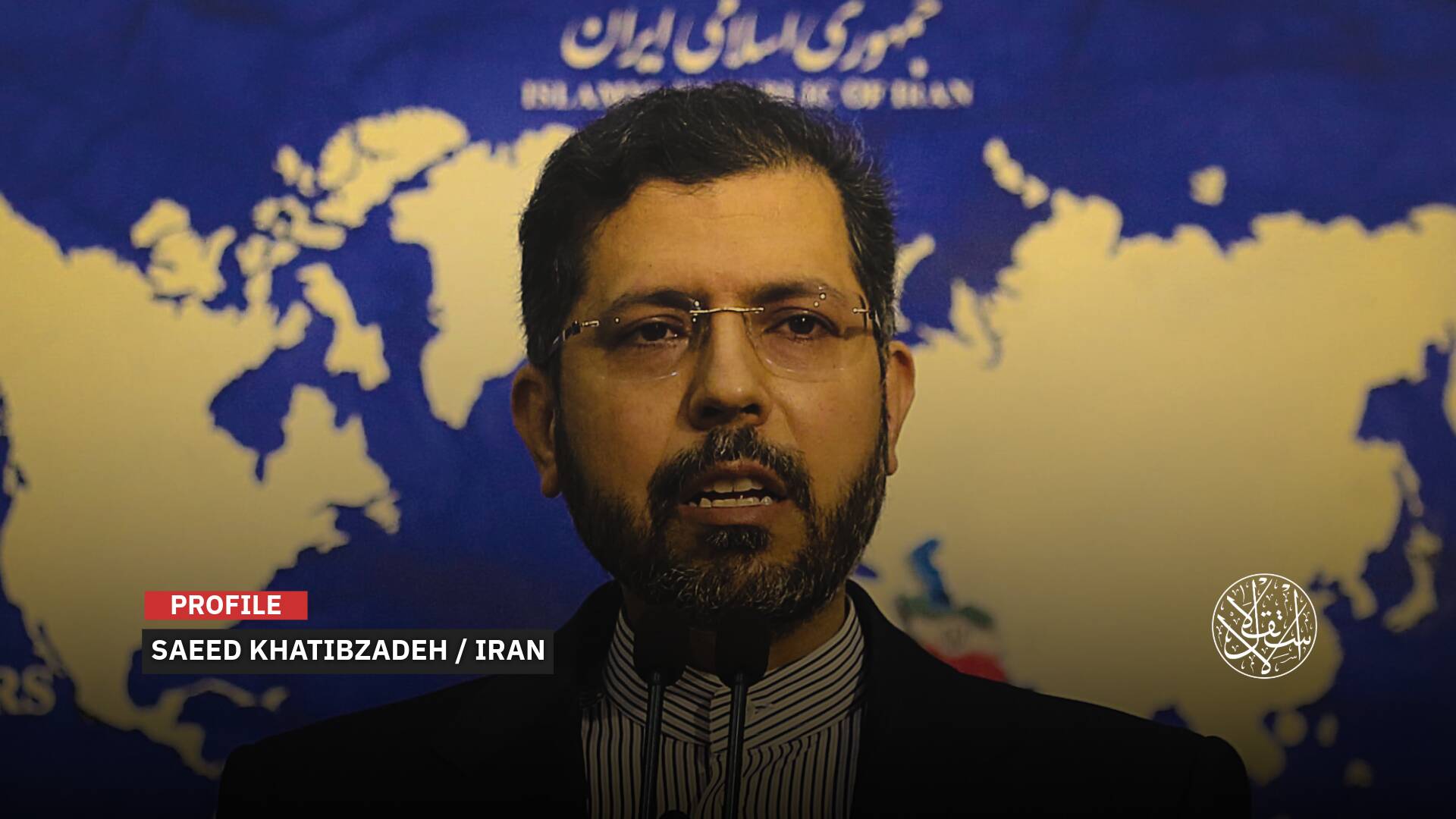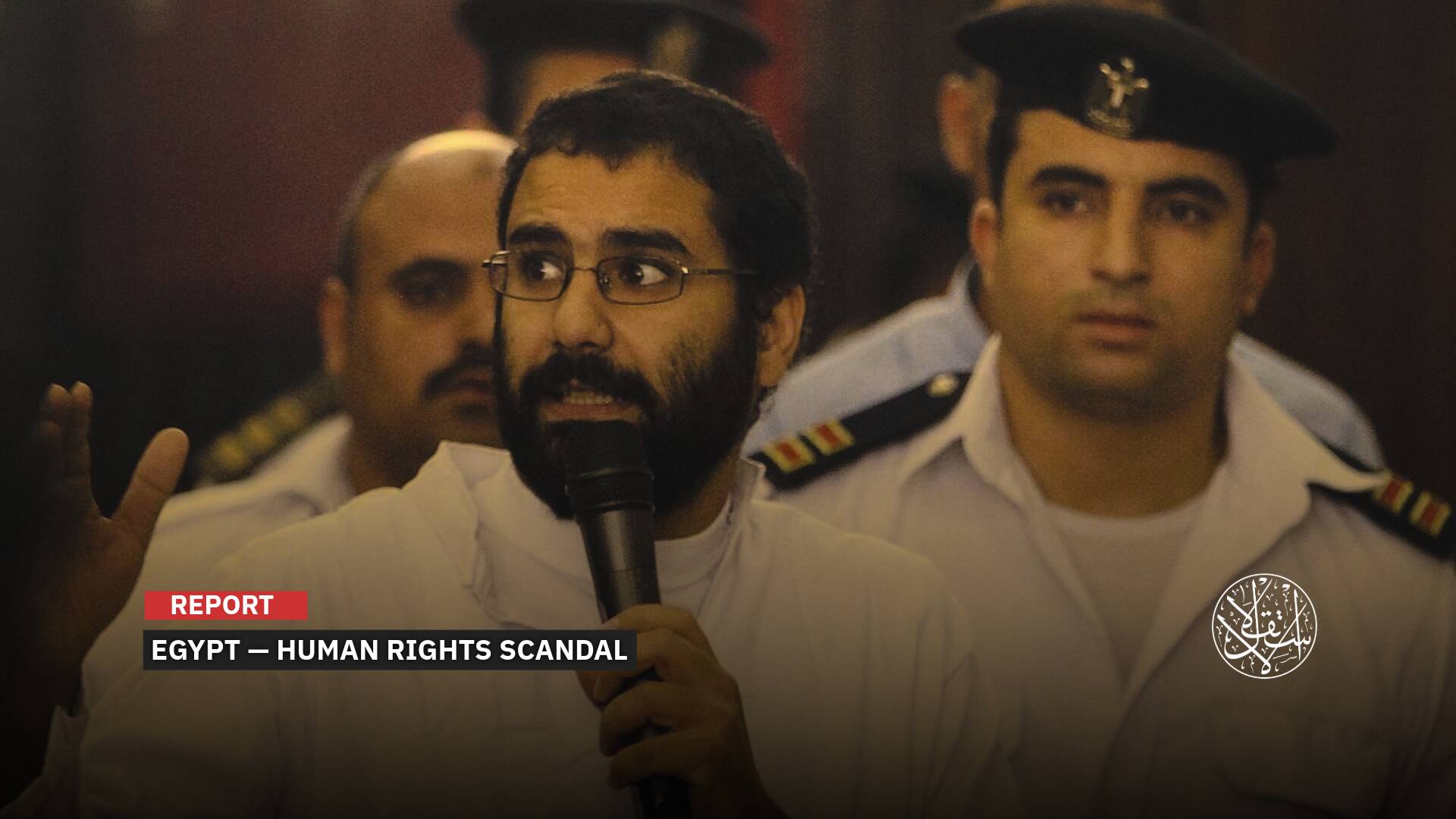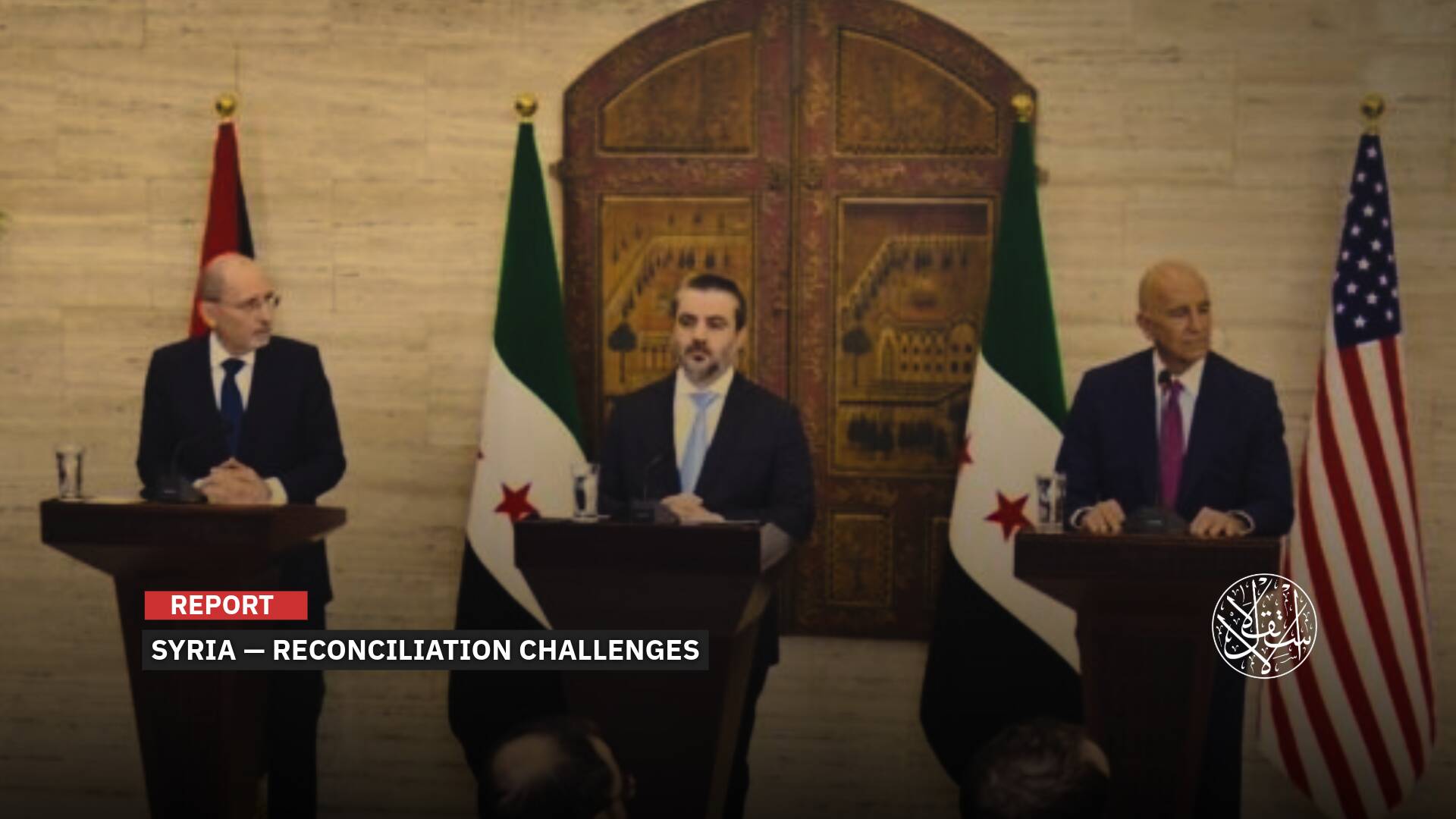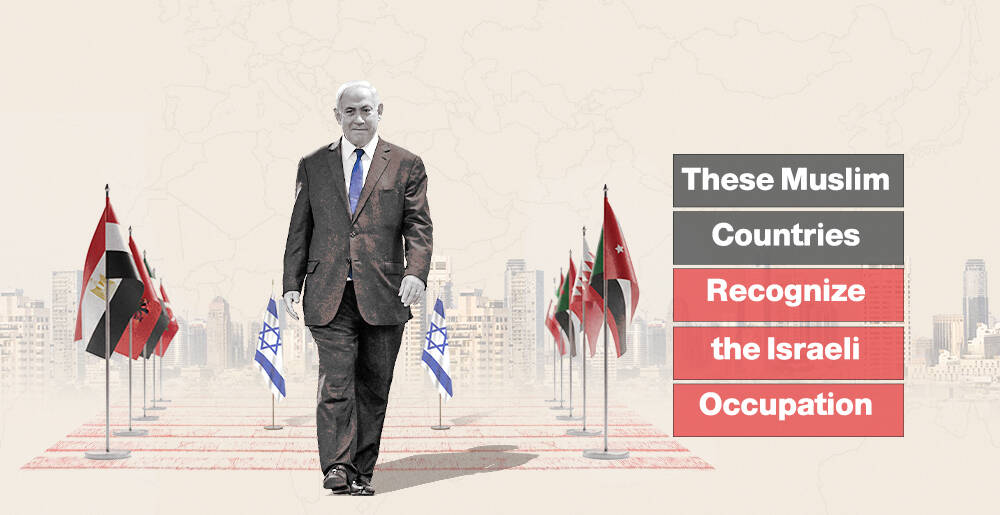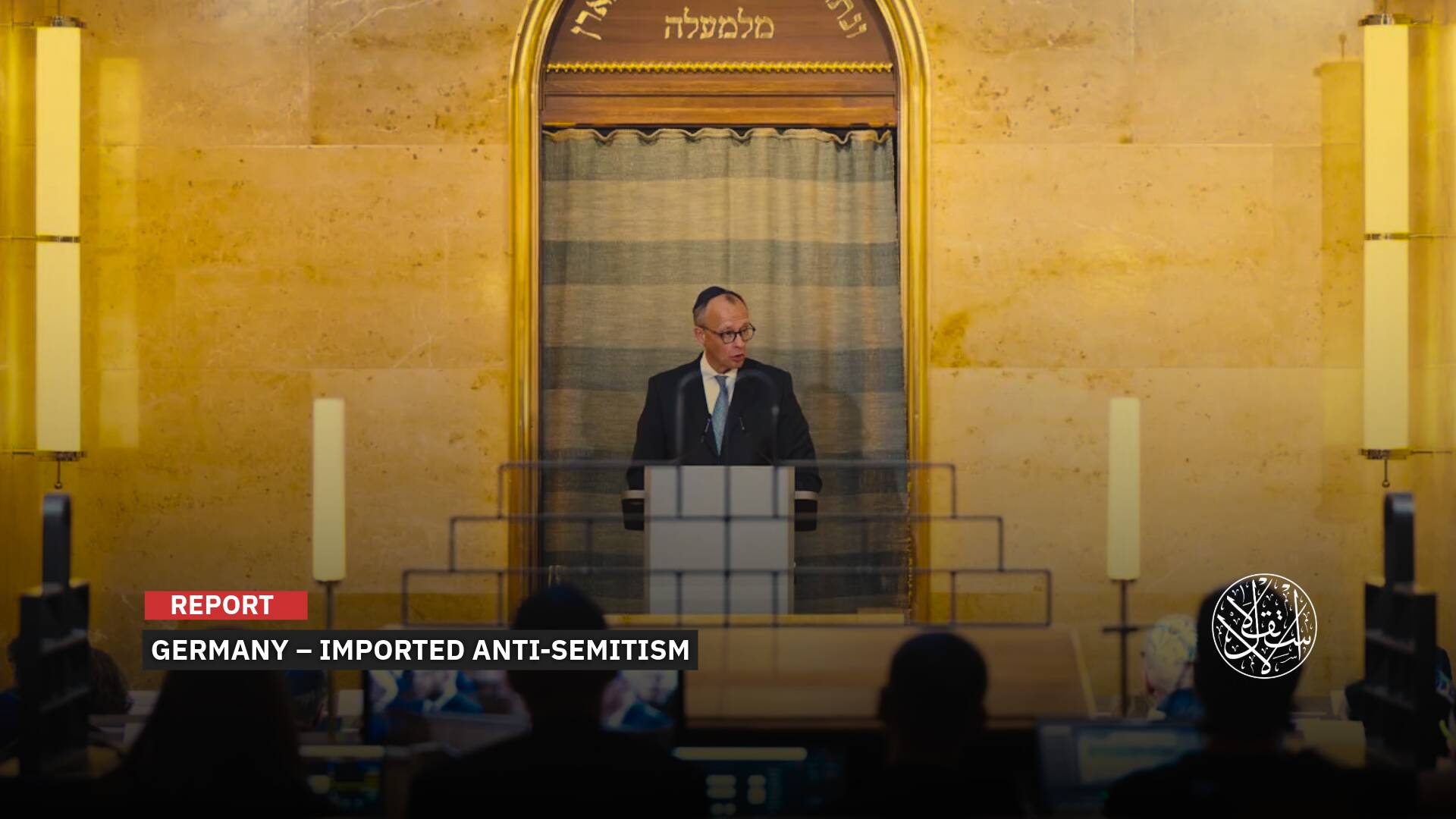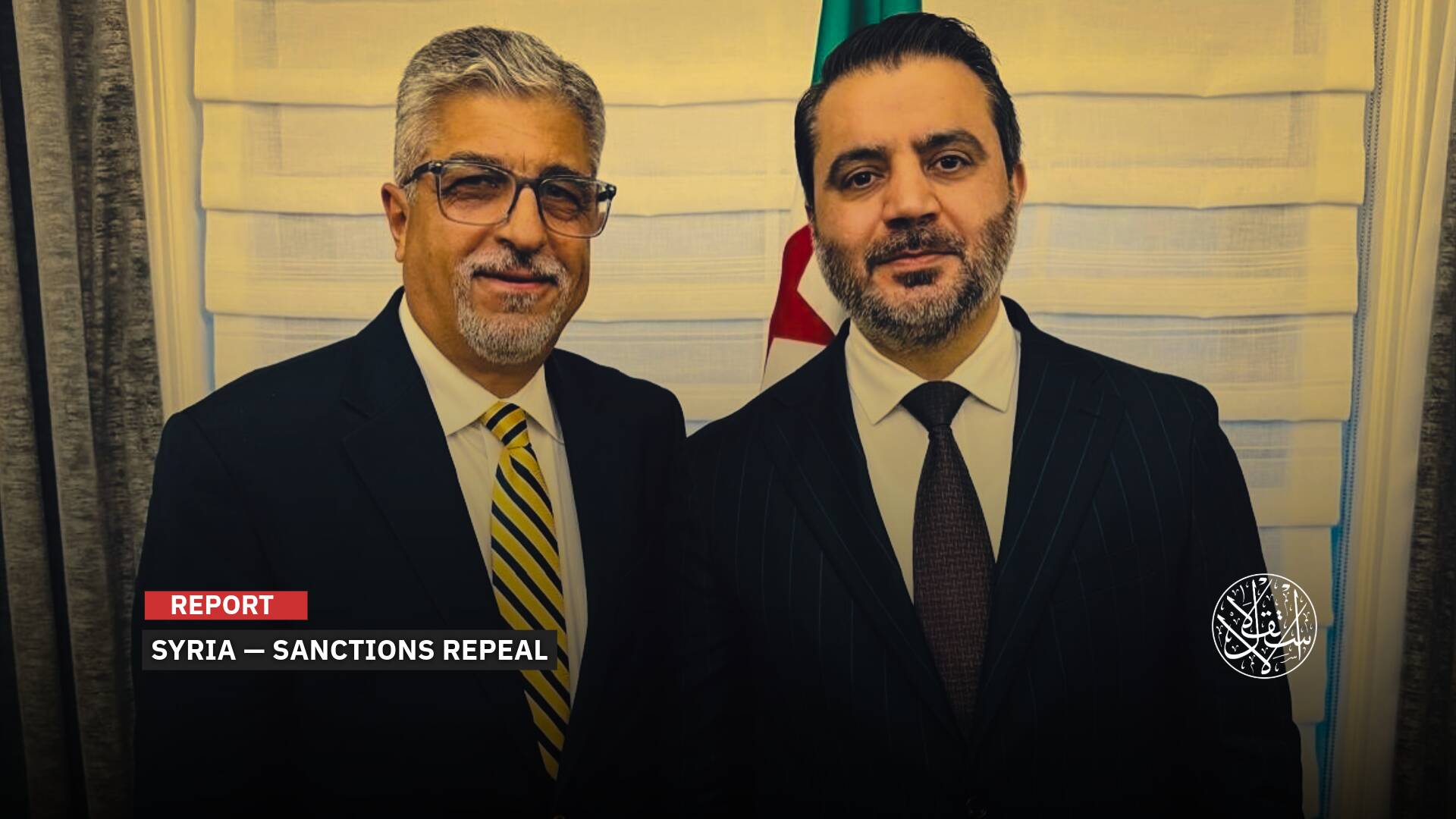Tarek al-Bishri; A Jurist Who Led the Revolutionary Constitution Committee and Rejected Sisi's Coup

On February 14, 2011, two days after the rebels removed the late President Mohamed Hosni Mubarak from power, the supreme council of the armed forces, the country's then governor, called on Egyptian Chancellor Tarek al-Bishri to chair the constitutional review committee.
Al-Bishri was one of the pioneers of intellectuals and legislators who supported the 25th January 2011 revolution. Local Newspaper Al-Shorouq said: "All intellectual and political currents in the country respect him, and he is one of those who are agreed upon''
Al-Bishri is a constitutional jurist, who has historized politics and the judiciary since the 1950s, and was a witness to Egypt's contemporary history, which has been through difficult moments, which he has been able to write, monitor, influence and pass on to generations.
Legal Origins
Al-Bishri belongs to the Tamarst family in the fields of Islamic sciences, justice and literature, where he was born on November 1, 1933 in Cairo.
His grandfather to his father is Sheikh Salim al-Hasani, who took over the Sheikhdom of Al-Maliki in Al-Azhar, and his father, Chancellor Abdel Fattah al-Bishri, was president of the Court of Appeal, and his uncle Abdul Aziz al-Bishri, was a famous writer of his time.
Al-Bishri said about his childhood: "I grew up in my grandfather’s house and my aunts talked a lot about him, his life and his actions, and I was so moved by him that at one point when I grew up, it seemed to me that Sheikh Salim al-Bishri had the biggest share in my upbringing, I used to wear his cloak when I was young to war myself up and there is still at home some things he had possessed”.
Tarek al-Bishri attended Cairo university law school, which was one of the most prestigious colleges of his time, and there al-Bishri was apprenticed by a group of senior professors and jurists in law, led by Mohammed Abu Zahra, Abdel-Wahab Khalaf and Ali al-Khafif.
He graduated from law school in 1953, and after graduating, he was appointed first deputy to the Council of State and president of the General Assembly of Fatwa and Legislation of the Council and continued in this position until his retirement in 1998.

Turning Point
The setback of June 5, 1967, in which the Egyptian army tasted bitter defeat in the face of Israeli aggression, marked a milestone in the human chancellor's direction.
After that, al-Bishri began to move towards rooting for Islamic thought, and then wrote his article "The Journey of Renewal in Islamic Legislation", which was the first thing he wrote towards this continuing trend to this day, where he enriched the Egyptian and Arab library with his books and writings in Islamic law, history and thought.
His most prominent works include "The Political Movement in Egypt 1945-1952,"Democracy and the July 23, 1952 Regime," "Muslims and Copts within the National Community," "Between Islam and Arabism," "The Approach to Contemporary Political Systems of the Muslim World," and "The General Features of Islamic Political Thought in Contemporary History."
One of his articles, which was widely published, was the February 2014 article entitled "Islamic law has the characteristics of stability and change,"" in which he said: "The attempt to weaken Islam in Muslims over the past century did not take the form of fighting Islam in terms of its faith and did not take the form of an explicit attack on it in terms of its system of life, for these methods were not successful because they would have aroused the motives of the Muslim assembly and resistance."
"The most successful method was to change social conditions, patterns of relations between people in a way that would be based on conflicts with perceptions and provisions of Islamic law, and to change people's behaviour, living habits and daily lifestyles, thereby assessing the conflict between these methods and the provisions of Islamic law."
He predicted the Revolution
Al-Bishri was among those who looked forward to Mubarak's time, the approach of the revolution, and the magnitude of the discontent and anger inherent in the citizens, in 2006 he published a book entitled "Egypt between disobedience and disintegration".
The book is a collection of articles issued by him in which he considered that "civil disobedience is a positive act committed to non-violence, and is based on the determination of the governed to remove the cover of legitimacy completely from a ruler who has already lost his legitimacy for a long time."
According to the website of the General Authority for Information (Governmental), which belongs to the Egyptian Cabinet, he wrote about Tarek al-Bishri, that he "left a repertoire of fatwas and advisory opinions characterized by depth, analysis and strong legal rooting".
"His views have also been characterized by tight legal language, and these fatwas continue to help both the administration, judges and law enforcement in general understand the topics before them."
He was clear and firm in his position on the military coup on July 3, 2013, declaring his absolute rejection and condemning the crimes involved.
On July 8, 2013, al-Bishri said, "All that is happening now, whether it's the Republican Guard incident or what we're seeing now, is the effects of the military coup, and there is no solution but to end this coup, elections were supposed to be held instead of the coup, to respect the popular will and institutions that were based on free and fair elections and under full judicial supervision."
Position for History
When the Rabaa al-Adawiya massacre took place on August 14, 2013, al-Bishry recorded a testimony of history, in a telephone interview on Al Jazeera, saying, "What is happening now is a natural development of the military coup that now governs Egypt, and the conflict between the coup and its authoritarian forces that rule Egypt without a constitution and without genuine popular will, between civilian forces, and everyone is taking his way of working."
"Democratic forces are taking the democratic approach through sit-ins and demonstrations, in the peace process, and authoritarian military forces are working to maintain order with violence and to defeat civilians with violence as is now going on," he said.
He added: "The military coup bears the blood of Egyptians that has been shed today, as military force reflected a democratic revolution that took place on January 25th, overturned a transitional period with a constitution and free elections, provided force of arms, and ended violence in the face of the popular masses,".
Al-Bishri was at the forefront of the political elite that tried to reach a solution after the coup in what was known as the "Awa" initiative, the first initiative presented to the coup leaders on July 3, 2013, involving al-Bishri, Dr. Mohamed Salim al-Awa, Dr. Mohamed Amara, Dr. Nadia Mustafa and Dr. Saif Abdel Fattah.
The initiative included: "Returning to the people and revoking to them through parliamentary and presidential elections that will take place in a period of 3 to 6 months at most, with President Morsi delegating his full powers to a new interim ministry to be agreed at the first political session."
In his testimony to the negotiations that took place before the fourth break, Dr. Mohammed Mahsoub, former minister of legal and parliamentary affairs, told Arab 21: "Chancellor Tarek al-Bishri was present at the press conference in Dar al-Hikma (Cairo) on July 27, 2013, to stop the repercussions of the coup."


